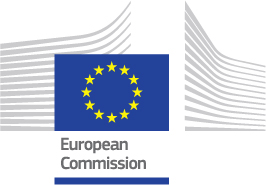Dealing with radicalisation and polarisation in school
A few hours
Intermediate
Course details
This e-learning module aims to provide professionals, involved in secondary education, with theoretical and practical resources to help them understand and address the issues they face around polarisation and radicalisation in schools.
By means of theoretical information, exercises, cases and videos, we try to help you gain a better understanding of polarisation and radicalisation. We will also give you several tools that can help you address and counteract polarisation and radicalisation at school.
The course is organised in 5 parts:
- Introduction of the course
- The issues of radicalisation in the broadest sense.
- How to understand the phenomenon of polarisation?
- How to act upon radicalisation and polarisation?
- Course conclusion
Target audience
Professionals working in secondary education
Learning objectives
- The user has gained a basic understanding of the concept of radicalisation and is aware of the key dynamics and different types of radicalisation and polarisation processes (in school).
- The user is aware of the possible markers or risk factors of radicalisation as well as to critically reflect on self-biased observations and the risk of false positives.
- The user is able to identify, reflect on and prepare for potential situations of polarisation in the classroom, including by reflecting on the different perspectives, backgrounds and roles of students (and the teacher).
- The user feels more confident in dealing with sensitive issues in the classroom and is able to make use of basic frameworks, exercises and tools to preventively address polarisation in the classroom and build trust among students.
This content is offered by the European Commission. The European Commission is the European Union's politically independent executive arm. It is alone responsible for drawing up proposals for new European legislation, and it implements the decisions of the European Parliament and the Council of the European Union.

Schedule
- Gérer la radicalisation et la polarisation à l'école
- Certificat de cours
